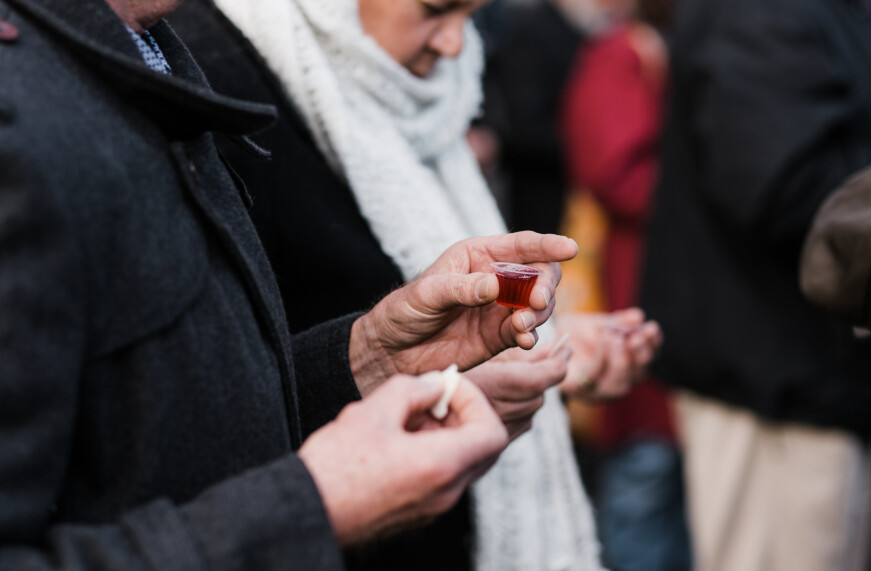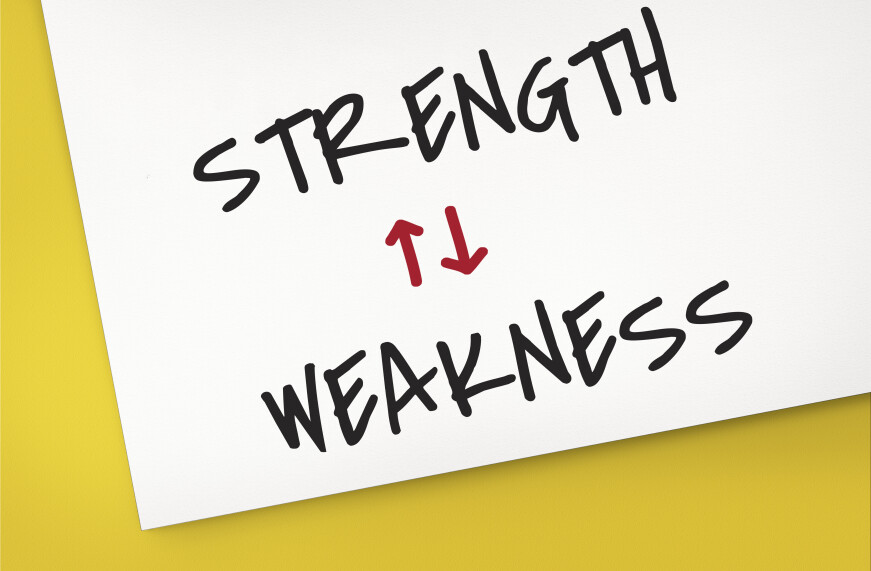HUG w/o RESSQ

As we turn the corner from Advent and the promise of the Incarnation, we are reminded that we are still in-between, still longing for the second Advent when Christ will come again to make all things new. (We are actually going to take up this theme of all things new a bit this Sunday with a look at Revelation 22:1-5) But being in between means that we still are fighting our battles and dealing with the effects of the fall as we await the final chapter of the story of renewal. We certainly have felt this reality acutely as a congregation of late. Of course, these pains are always with us: loss, cancer, chronic illness, old age, depression, divorce, racism, war, children orphaned, displaced people, and the list goes on and on.
But how do we engage a world with its pain? How do we best interact with those around us going through the deep waters of brokenness? How do we respond, both immediately and over time in ways that heal and bring life, rather than unintentionally causing further hurt and discouragement? I ask these questions because this is hard work, and it is not always easy to know how to respond to those in the midst of the struggle. We all know, from our own experiences, that some responses meet us just where we need to be met and bring life, while other responses, though well intended, seem to drain us. There are ways of responding that communicate affirmation that the individual in front of us is created in the image of God. These responses seek to listen with the heart and connect with the heart of others. Ultimately these responses re-clothe the vulnerabilities of others with grace.
But what does a grace-filled response look like? In the book of Job we are told the following: Now when Job’s three friends heard of all this evil that had come upon him, they came each from his own place,... And they sat with him on the ground seven days and seven nights, and no one spoke a word to him, for they saw that his suffering was very great. (Job 2:11, 13) Now we know that ultimately Job's three friends become sort of synonymous with bad counsellors and not the sort of response that we would want to have. But their failure comes when they open their mouths. Here in chapter two all is well. As indicated above, a good responder sits with the hurting and listens.
Something that has been helpful to me in seeking to be a good listener (and I am still very much in the school of learning this art) is a mnemonic device used as the title of this update: HUG w/o RESSQ (Hug without Rescue):
- Hear - allow the hurting one to describe what is bothering them in their way and in their words without assuming you know what is going on.
- Understand - listen past the words to the fears or potentially underlying hurt that is informing the experience of the hurting.
- Give Words to Grief - speak back words that demonstrate that you have heard your friend and you are with them.
When we are able to truly listen to those is pain, we give dignity those suffering, validate the wrongness of their pain, and offer grace that covers potential shame. But there are well intended ways that we often fall into when seeking to be good listeners/responders that are less helpful and sometimes even hurtful, especially in our earliest responses. I share these thoughts not to shame anyone who sees themselves in these five things to be cautious of, but rather that we might learn together how to care for one another better, from the narthex to our living rooms.
- Reassure - we must be cautious not to make promises or give assurances that we simply can not be sure of. Sometimes as much as we hope that things will turn out OK in the end, they do not.
- Explain - This was a major part of the failure of Job's friends. They thought they had the answers as to why Job was suffering. They of course, could not fathom what was going on in the cosmic sphere, and most likely neither can you.
- Solve - This is the trap of many good people. We see our friends hurting and we immediately want to ease their pain by providing solutions to problems real or imagined. Often we do these well intentioned things, because we want to do something. Most often just being is what is needed.
- Share Your Own Story - Another trap that many fall into in an effort to help and connect with those who are hurting is sharing a story that is seemingly related and usually triumphant. At some point in the journey, these stories may be appropriate to share, but in the early stages they actually disconnect you from sharing the pain of your suffering friend by turning the attention from them to you or your friend or relative that your story highlights.
- Question Unnecessarily - Again, down the road there may be space to ask about insurance, housing accommodations, or other such mundane details. But when connecting, the goal is to keep the person in view, unnecessarily questioning again diverts from that goal.
I have gone a bit longer this week, because as we turn to 2025, we have much in front of us that calls us "bear one another's burdens" (Galatians 6:2). In union with our Savior, who was a man of sorrows and acquainted with grief (Is. 53:3), with the help of the Holy Spirit who can interpret our groanings (1 Cor. 2), we can truly be the body of Christ for one another!


